2024 Seattle Commute Survey
The 2024 Seattle Commute Survey provides insights into the behavior and motives of people traveling to work, school, and other key destinations. The findings provide a snapshot of current travel trends, collected in the fall of 2024, and a comparison of travel behavior over time. The Seattle Commute Survey leverages a program requirement of Washington State’s Commute Trip Reduction (CTR) law. Enacted in 1991, the statewide CTR law is intended to alleviate traffic congestion and improve air quality by encouraging drive-alone commuters to shift to alternative modes of transportation. Worksites with 100 or more full-time employees who begin their shift between 6 and 9 a.m. must meet CTR program requirements, including a biennial Commuter Survey to measure employees’ commute habits. Since 2010, Commute Seattle has conducted a celebrated expansion of the survey to include responses from employees at small businesses that are not required to comply with the CTR law. Previously known as the “Center City Mode Split Survey,” the results historically tracked trends and changes in travel behavior for commuters to downtown Seattle.
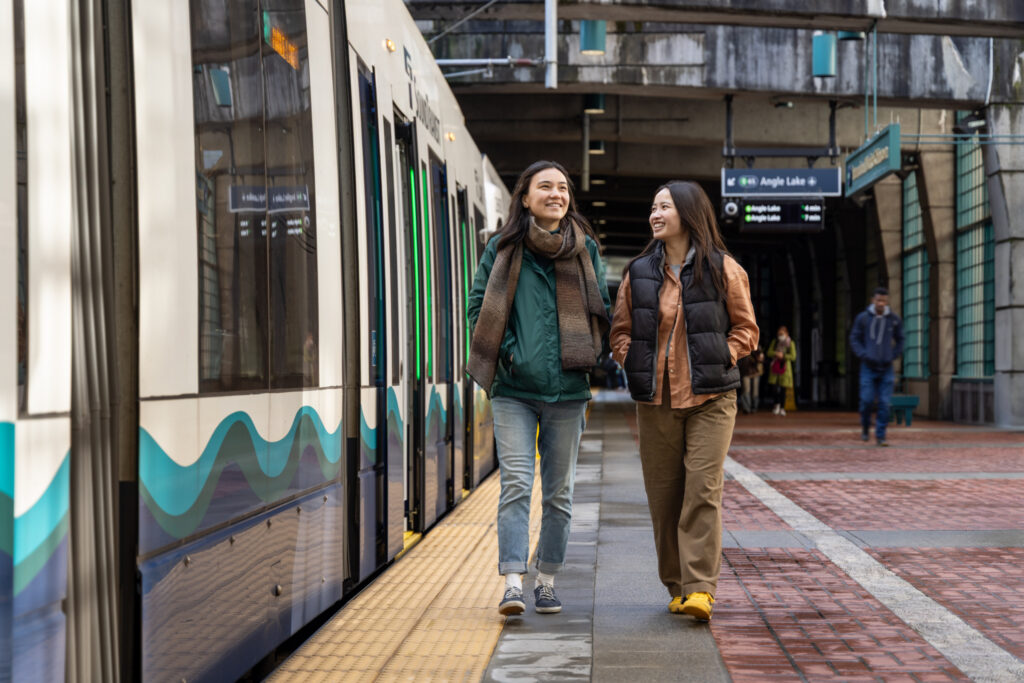
Jericoacoara Ceara Brasil
Charging Forward: Evaluating Public-Private Partnerships for Electric Bus Base Conversion to Support a Zero-Emission Fleet
As transit agencies shift to a zero-emissions fleet, bus bases that function as the heart of operations will also need to convert to support a growing demand for battery-electric buses (BEB). Although there are traditional procurement methods available for transformative redevelopment of these facilities, there is opportunity to leverage a public-private partnership (P3) that can be an innovative and cost-effective project delivery method when applied appropriately and potentially result in several positive outcomes. These may include shifting finance, design, construction, operation, and maintenance risk to a private entity; augmenting and training the workforce needed for electric vehicle operations and maintenance; offering effective ownership and efficient servicing of charging equipment; spreading costs over a longer time period; and locking in energy costs.
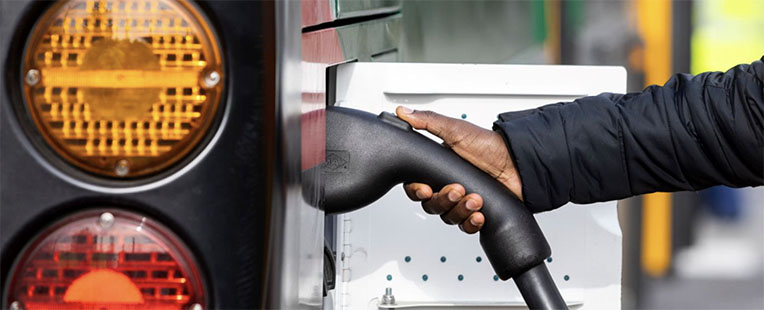
Jericoacoara Ceara Brasil
Finding Common Ground: Best Practices for State Policies Supporting Transit-Oriented Development
Where people live and how they get around are closely related. In Washington state, it is estimated that 1.1 million homes are needed in the next 20 years to address the existing shortfall and accommodate future growth. Transit-oriented development (TOD) can address both housing and transportation needs with dense, mixed-use vibrant neighborhoods that have travel options to reduce car dependency and related greenhouse gas emissions, while providing a high-quality of life for residents and preserving natural resources.
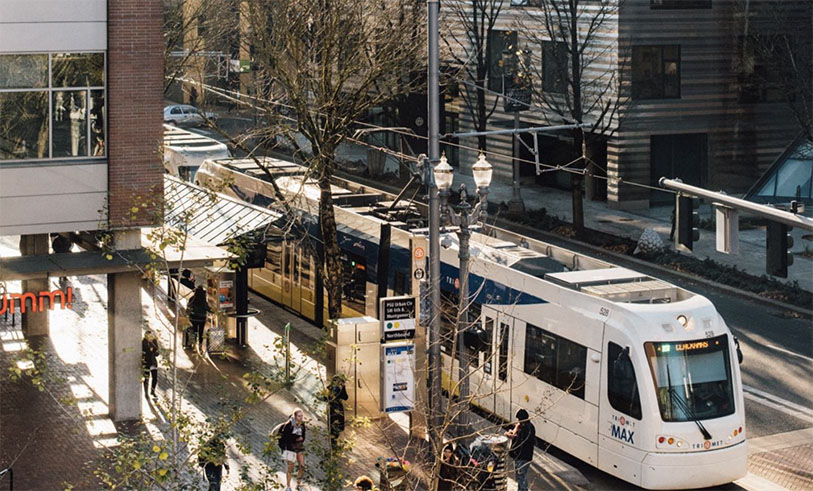
Jericoacoara Ceara Brasil
Transportation Resiliency Roundtable Summary
Research indicates that the effects of global climate change threaten to drastically alter most aspects of human life within the next few decades. Some incidents stemming from climate changes that are likely to increase in both frequency and intensity include severe drought, fires, flooding events, precipitation, sea level rise, and other localized severe weather events. These events can have devastating impacts on key infrastructure systems. However, plans are being developed to improve the resiliency of key systems throughout the United States. One such key infrastructure is the transportation system. The Washington State Academy of Sciences (WSAS) convened a roundtable discussion on April 4, 2023, in collaboration with the University of Washington’s Mobility Innovation Center, with the goal of hearing from researchers and public and private stakeholders committed to ensuring a resilient transportation system.
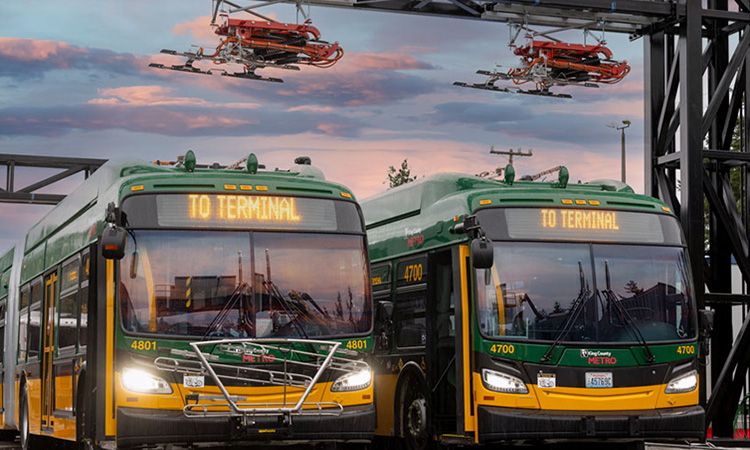
Jericoacoara Ceara Brasil
Keeping it on the Tracks: High-Speed Rail Success and Lessons Learned
This study sought to learn from existing high-speed rail systems around the world, as well as new projects in development within the U.S., to provide information useful to transportation agencies, potential partners, and decision makers who seek to develop an ultra-high-speed line to connect Cascadia. After more than fifty hours of interviews with industry experts from across the globe, and drawing from case studies and literature reviews, key trends emerged that are worth keeping at the forefront of project development efforts.
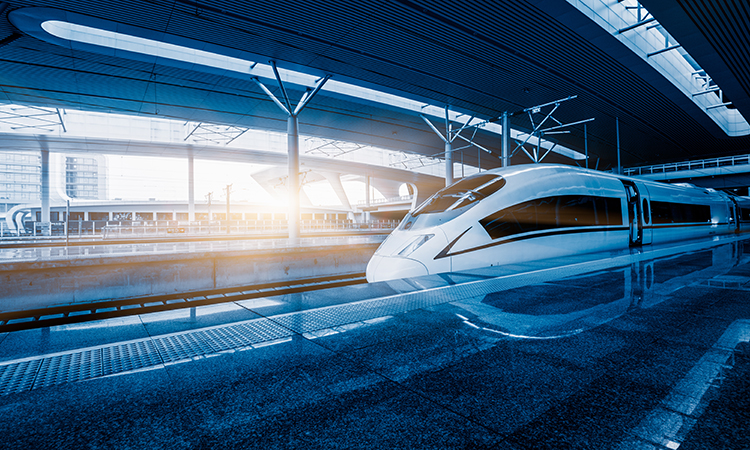
Jericoacoara Ceara Brasil
Seattle Commute Study
The Washington State Commute Trip Reduction (CTR) law requires worksites with 100 or more full-time employees who begin their shift between 6 and 9 a.m. on weekdays to conduct a biannual commute survey. Commute Seattle has led this survey work and, in partnership with the Downtown Transportation Alliance, used the results to measure progress toward the city's mobility goals. In 2022, Commute Seattle joined the Mobility Innovation Center and the Department of Urban Design and Planning at the
University of Washington to further improve and expand upon the survey and evaluate current transportation systems.
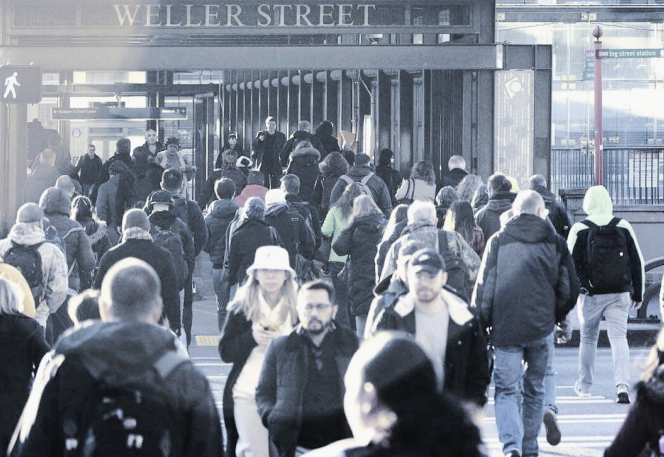
Jericoacoara Ceara Brasil
Frameworks for Managing Innovations in Transportation Policy
In 2015, the United States Department of Transportation (USDOT) launched the Smart City Challenge. The federal government asked cities to develop proposals for integrated, smart transportation systems that incorporated data and technology to reduce transportation costs, improve system-wide efficiency, enhance sustainability, and leverage transportation systems as drivers of economic growth. At stake was a one-time grant of $50 million to support innovation efforts. Seattle, along with 77 other American cities, responded. In June 2016, USDOT announced that Columbus, Ohio was the winner. Despite its limited disbursement of funds, the competition has spurred lasting discussion and policy changes across the United States. To this point, there has been little research on the different approaches to municipal transportation innovation. In Seattle, a city at the forefront of technological innovation and sustainability, decision-makers want to identify successful models of innovation and lessons learned as the city embarks on its own efforts to transform local transportation policies and infrastructure.
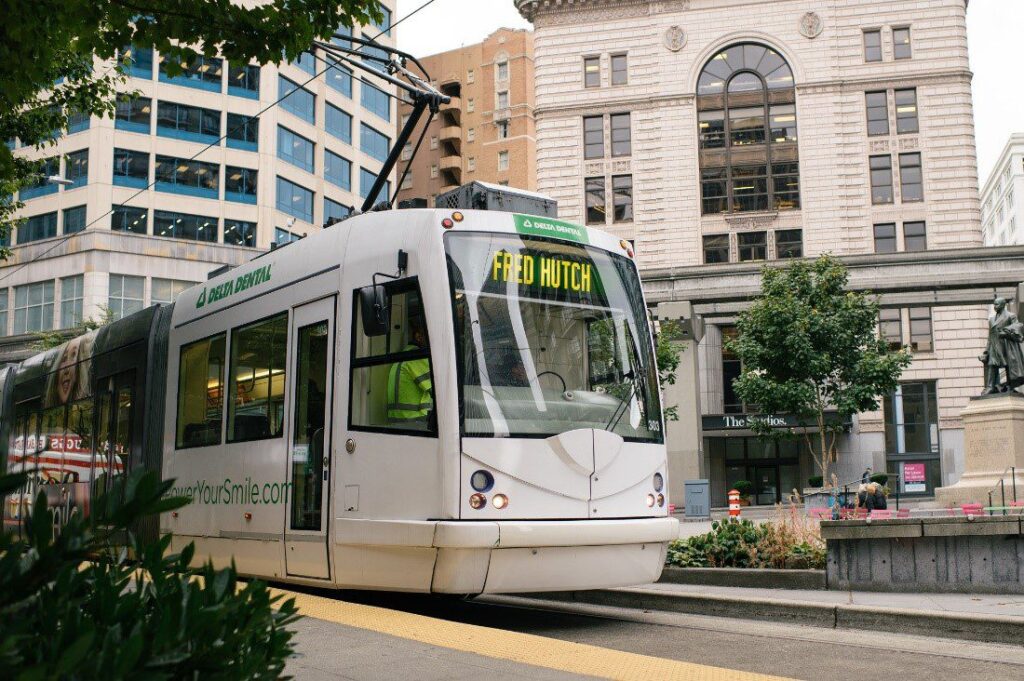
Jericoacoara Ceara Brasil
Beyond Incident Response: Mitigating impacts of major traffic incidents in the Seattle I-5 corridor
The focus of this research is not on normal, daily congestion, but rather on the under-studied area of traffic incident-related congestion. Nationally, roughly 25% of total congestion is due to traffic incidents.4 On a regular basis, incident-related congestion contributes to travel delays, secondary collisions, increased fuel consumption, and air pollution. The Federal Highway Administration (FHWA) estimates that the U.S. loses 1.3 billion vehicle hours of delay due to incident-related congestion each year, at a cost of almost $10 billion annually.
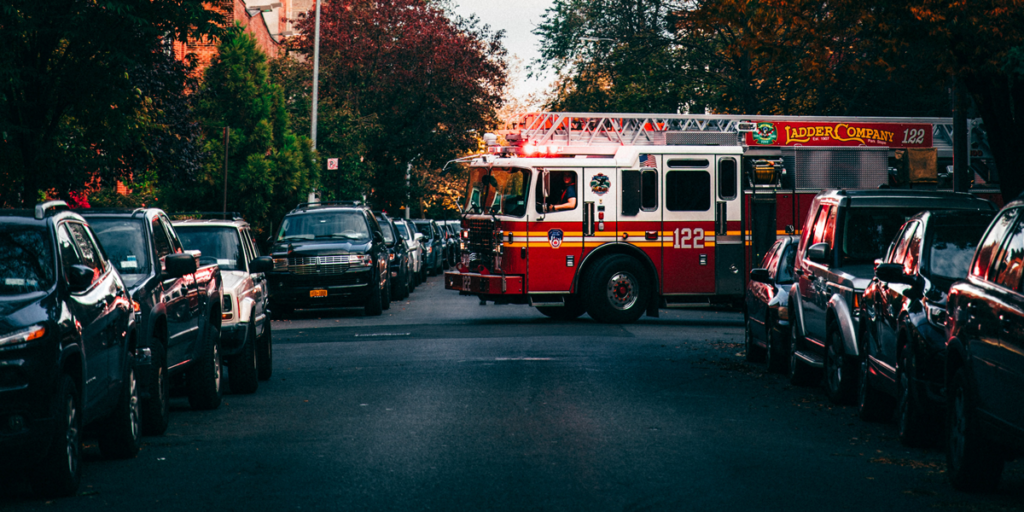
Jericoacoara Ceara Brasil
Driverless Seattle: How Cities Can Plan for Automated Vehicles
The advent of automated vehicles (AVs)—also known as driverless or self-driving cars—alters many assumptions about automotive travel. Foremost, of course, is the assumption that a vehicle requires a driver: a human occupant who controls the direction and speed of the vehicle, who is responsible for attentively monitoring the vehicle’s environment, and who is liable for most accidents involving the vehicle. By changing these and other fundamentals of transportation, AV technologies present opportunities but also challenges for policymakers across a wide range of legal and policy areas. To address these challenges, federal and state governments are already developing regulations and guidelines for AVs. Seattle and other municipalities should also prepare for the introduction and adoption of these new technologies. To facilitate preparation for AVs at the municipal level, this whitepaper—the result of research conducted at the University of Washington’s interdisciplinary Tech Policy Lab—identifies the major legal and policy issues that Seattle and similar cities will need to consider in light of new AV technologies.
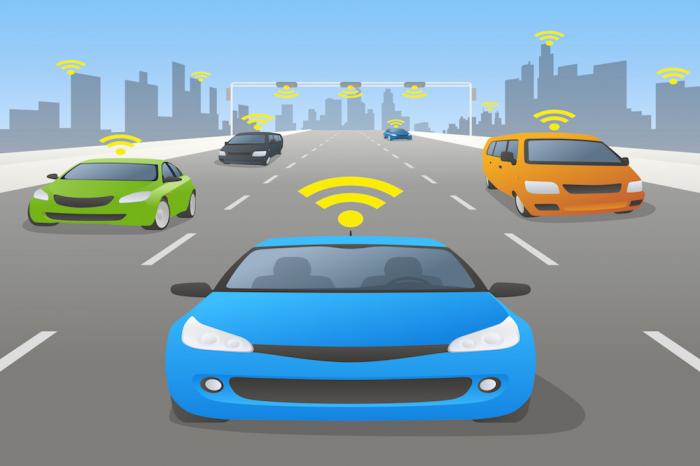
Jericoacoara Ceara Brasil